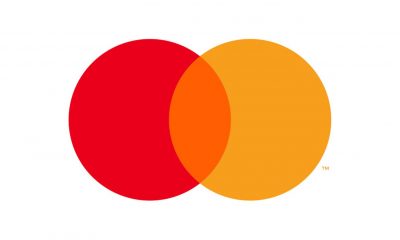Google.org’s open call on International Women’s Day today, for applications for grant funding from its new global Impact Challenge (GIC) for Women and Girls, reinforces the organisation’s commitment to the empowerment of women and girls on the African continent.
The GIC for Women and Girls, which will provide $25 million in overall cash grants to nonprofits and social enterprises creating pathways to prosperity for women and girls, follows initiatives like the 2019 Africa launch of Women Will, Google’s initiative to create opportunities for women, and Google’s #IamRemarkable workshop series, which works to counteract conditioning that women shouldn’t celebrate their achievements.
Empowering women and girls in Africa to reach their full economic potential, and to thrive, is more critical now than ever before as they bear the brunt of the COVID-19 pandemic, says Juliet Ehimuan, Country Director, Google Nigeria, quoting the Foresight Africa report 2021. It confirms that the coronavirus has “exacerbated already-existing gender inequalities, laying bare serious fault lines in safety, physical and mental health, education, domestic responsibilities, and employment opportunities”.
”Despite decades of work aimed at achieving gender equality, the disparity between men and women not only remains – it is growing alarmingly, largely thanks to the global pandemic,” the report warns
The (GIC) for Women and Girls is focused on changing the status quo, with Ehimuan stressing that job cuts, income losses and lack of education aren’t simply side-effects of the pandemic, but “will negatively impact the economic strides made by women and girls for many years to come”.
“As economies and societies rebuild, we need bold new ideas that will propel us forward. We can’t afford to go back to the way things were, and we certainly can’t do it alone.”
Organisations have until Friday, 2 April at 11:59pm GMT to submit their applications at g.co/womenandgirlschallenge. An all-female panel of expert Google executives and world / business leaders, including Phumzile Mlambo-Ngcuka, Executive Director of UN Women; Victoria Adejoke Orelope-Adefulire, Senior Special Assistant to the President of Nigeria on SDGs; Graça Machel, Founder, Graça Machel Trust; and Juliana Rotich, Kenyan information technology entrepreneur, will preside over the application review and selection process once applications close.
Grantees, who will be announced later this year, are eligible to receive funding ranging from $300,000 to $2 million. Selected organisations will also receive capacity building support and mentoring from Googlers.
Over the past five years, Google.org has given over $55 million in cash grants to non-profit organisations that support gender equity and access to opportunity for women and girls around the world. Building on their previous work in gender equity—with grantees like the National Domestic Workers Alliance, Laboratoria and GiveDirectly—Google.org is seeking applications from organisations in Africa and around the world.
“We have a collective responsibility to ensure that generations of women and girls from all walks of life—no matter their race, sexual orientation, religion or socioeconomic status—live in a world where they are treated equally and can realise their full potential.
“When women and girls have the tools, resources and opportunities to turn their potential into power, it not only changes the trajectory of their individual lives, but also strengthens entire communities. If we lift up women and girls, the rest of the world will rise, too,” Ehimuan concludes.

 Cover Story3 hours ago
Cover Story3 hours ago
 Cover Story5 hours ago
Cover Story5 hours ago
 IT in Banking5 hours ago
IT in Banking5 hours ago
 Start-ups/Fintech5 hours ago
Start-ups/Fintech5 hours ago